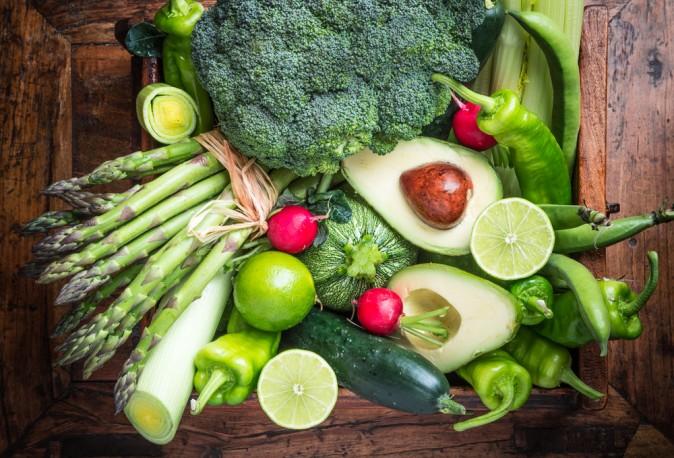Seasonal changes come with abundant health benefits, including a bounty of wonderfully tasty superfoods. Eating more fresh vegetables is one of the simplest steps you can take to improve your overall health.
A vegetable-rich diet can help protect you from arthritis, heart disease, stroke, dementia, cancer, and even slow down your body’s aging process. I almost hesitated to write a top five list as there are so many wonderful vegetables.
Vegetables benefit all of your body’s cells and tissues by infusing them with highly bioavailable nutrients that work synergistically for optimal health. Some of those nutrients even help you adapt to stress, such as the B vitamins and folate, omega-3 fats, magnesium, potassium, and glutathione.
A recent study1 found that people who consume seven or more portions of vegetables and fruit per day have a 42 percent lower risk of dying from all causes, compared to those who eat less than one portion—and vegetables pack the greatest punch.
Not all vegetables are nutritionally equal, however. If you want your vegetables to have the highest nutritional density, take a look at my list of powerhouse fruits and vegetables. Bear in mind that consuming a wide variety of different fruits and vegetables is one of the best ways to maximize your nutritional benefit.
In the July 2014 issue of Forbes is an article entitled “7 Best Anti-Aging Anti-Cancer Superfoods for Summer.” Now let’s take a look at my own top five—and why I think they deserve that honor.







